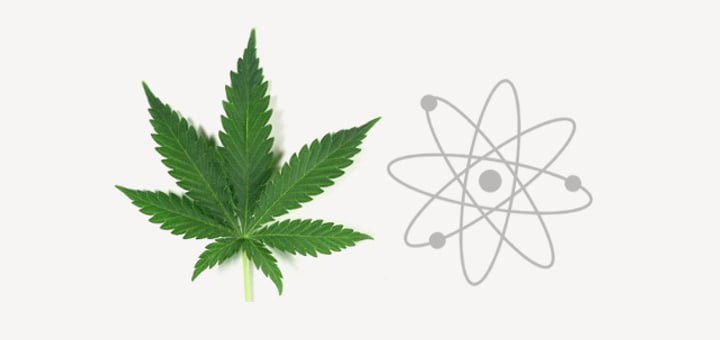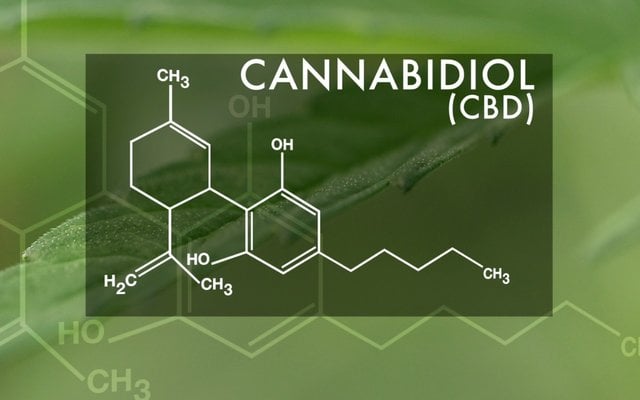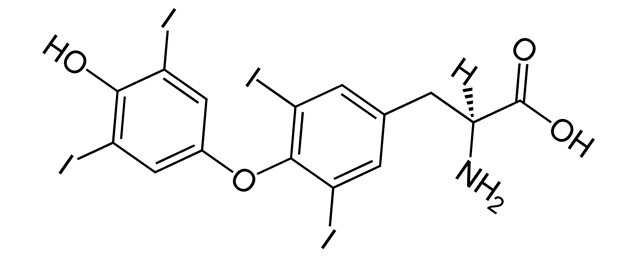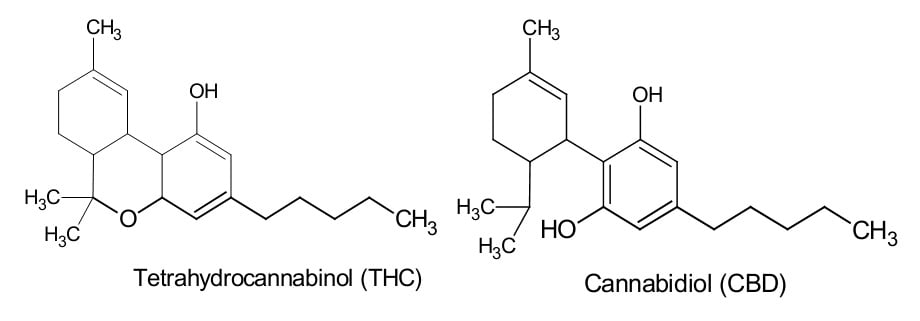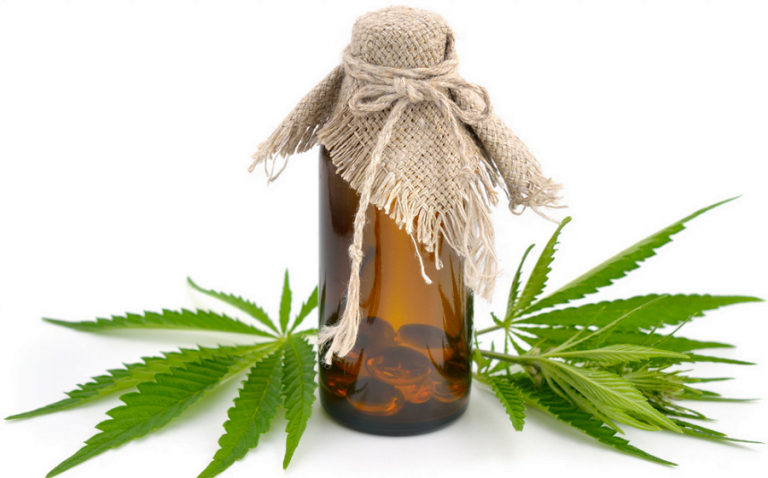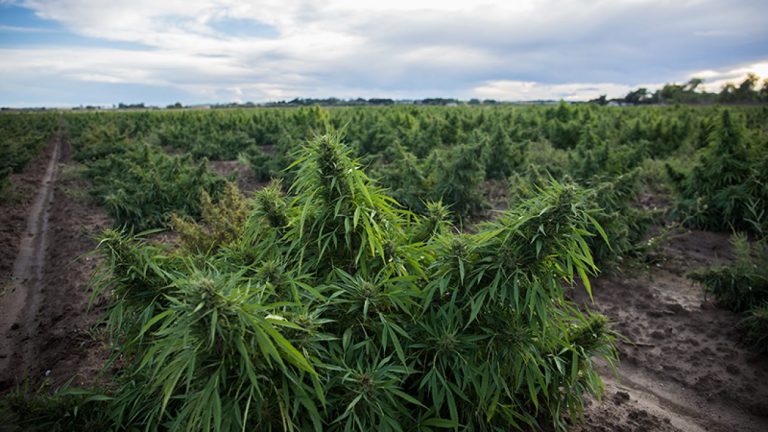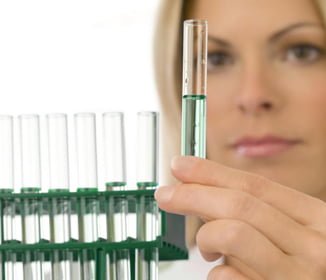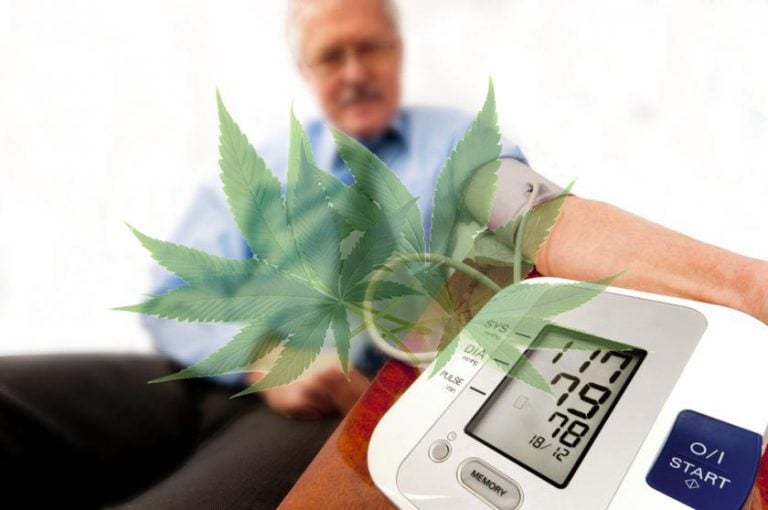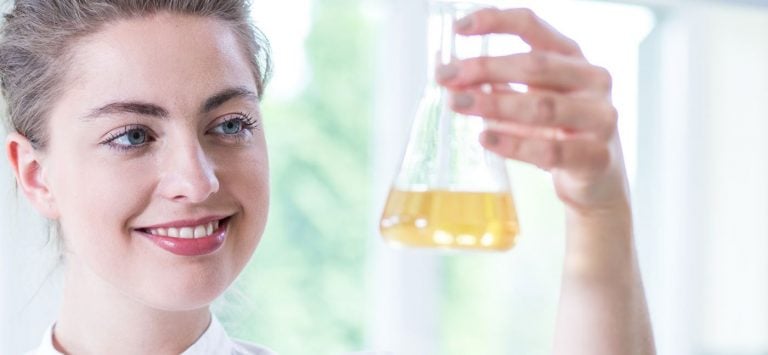Does CBD Get You High?
CBD vs THC are two main ingredients that are found in marijuana plants. And these two ingredients have a different result when smoked or applied with oils and the like. A lot of people wonder if CBD can get them high, and we’ll be answering this question shortly.
What is CBD?
CBD is short for cannabidiol and is one of 113 cannabinoids in cannabis. And what makes this cannabinoid so special is that it accounts for 40% of the plant’s extract. As a result of its high concentration, CBD is a main focus of research in the field.
CBD has been shown to have a lack of side effects, and it has a lack of psychoactivity, too.
Numerous studies in Brazil have been conducted on CBD, with a 30-year investigation being of major importance. This study found that:
- CBD is an antipsychotic
- CBD prevented psychosis
- CBD does not have the psychotomimetic effects of THC
Another major study found that CBD is a non-psychotropic.
CBD on its own will not cause you to get high. This is why so many people will use oils and the like as a form of medicine for various conditions (more on that soon).
What is THC?
THC is short for tetrahydrocannabinol. And this is the principal psychoactive in cannabis. If a person wants to get high, they’ll want a strain of cannabis that has a high level of THC.
The good news is that there is a very low risk of a person becoming dependent on THC, and addiction is very low.
People can take THC either through topical applications, inhaling it or orally. Most people choose to smoke it, but there are obviously other options if you fear that the smoke will have an impact on your breathing or lung function.
A lot of studies on THC have been done, and there is no doubt that this is the component responsible for getting people high. The study linked talks about concentration levels and how these levels will vary depending on a range of factors.
Medical Uses for CBD and THC
CBD and THC both have their own benefits when used for medicinal purposes. It should be noted that different strains of cannabis will have different levels of both CBD and THC. And these different levels will provide a mild or stronger high, depending on their concentration.
CBD has a wide range of medical benefits, and a study released by the British Journal of Clinical Pharmacology outlines many of the medical benefits of CBD:
- Reduces and fights against cancer cells and tumors
- Helps a person relieve anxiety
- Shows a strong benefit for people with depression
- Combats inflammatory diseases
- Helps to combat psychosis disorders
- Works to prevent and relieve seizure activity
- Reduces vomiting and nausea
There are also studies and drugs created using CBD as the main ingredient to help fight schizophrenia and epilepsy.
And when using CBD, this will also reduce the effects of THC.
Memory impairment and paranoia that can be brought on by THC usage is reduced when there is a high level of CBD content in cannabis. This is obviously negated with pure CBD oils where there would be little-to-no THC content.
Numerous studies for CBD have been done that show the following:
- Reduction in central nervous system inflammation
- May prevent disc degeneration
- May fight off epileptic seizures
But what about its THC counterpart?
Getting high may be shunned, and this is the main reason people argue against marijuana usage – both recreational and medical. But there are actually a lot of cases where a high THC content strain may be used for medicinal purposes.
- Pain Relief: A person with intense pain will often turn to THC because it can reduce nerve-related pain and neuropathic pain, too. Pain signals that are sent from the brain can be blocked with THC, which makes it ideal for cancer patients or diseases that result in severe pain.
- PTSD: Painful memories, such as those that result in PTSD, are often treated with a high level of THC.
- Appetite: People with eating disorders that are very severe may be prescribed THC to help stimulate their appetite.
- Asthma: Research from the 1970s shows that marijuana may actually help patients that have asthma. The trials that were conducted showed that asthma attacks were able to be calmed with THC.
THC is primarily used as a pain reliever. The different strains of cannabis have been grown and altered to allow for higher or lower levels of THC and CBD respectively. This allows for one plant to produce enough THC to help combat the pain from cancer after chemotherapy and enough CBD to be able to combat the “high” a person feels.
The goal of many medical THC users is to find a way to combat their symptoms while still remaining functional after taking a dose.
There are also cannabis plants with high THC content that are meant to put people into a very intense high. This is mainly used for people that have severe pain that may not be able to be treated with traditional means. Marijuana has been shown to be less addictive than other pain relievers, such as morphine.
CBD vs THC really isn’t a fair comparison. People that have pain will want to choose a cannabis plant with high THC levels, while a person that wants relief from anxiety, inflammation and other medical conditions and doesn’t want the high will want to consider CBD.

